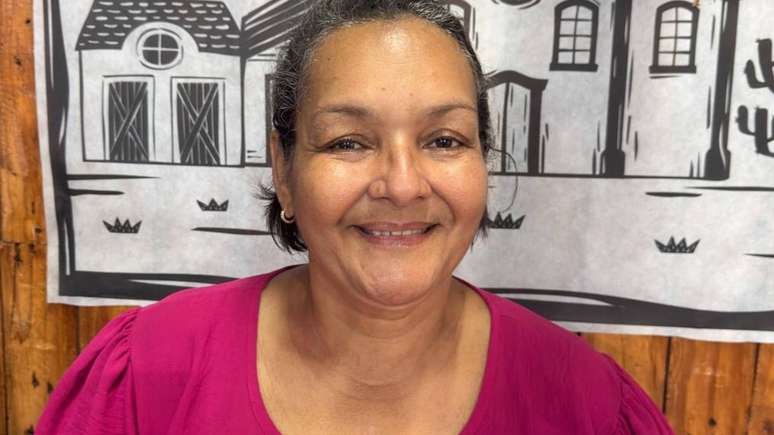Advances in medicine guarantee increasingly modern and safe techniques and prostheses, which transform the quality of life of patients
Quality of life and movement go hand in hand. Simultaneously with the increase in the life expectancy of the population and, consequently, with the discussion of issues related to healthy ageing, medicine advances and technological innovations allow a daily life free of pain and full of mobility. And prostheses can be allies in this sense.
“It is common for people to imagine that having a prosthesis is a sign of limitation for the rest of their life, when it is exactly the opposite: people with many limitations receive a prosthesis to recover their quality of life,” explains Dr. Marco Aurélio Silvério Neves, hip specialist.
It is estimated that 30 million Brazilians suffer from osteoarthritis, a disease characterized by degeneration of cartilage accompanied by alterations of nearby bone structures. And many of these Brazilians may need a prosthesis, but not only them.
“The most common thing is that it happens in elderly people due to the natural degenerative process, but wear and tear can occur at any age due to other causes such as sequelae of accidents or fractures, rheumatological diseases, childhood problems,” explains Neves.
And when pain becomes a limiting factor, the solution may be the placement of a prosthesis. The most popular are the knee, hip and shoulder. And they can be manufactured with titanium, high-performance plastics and/or porcelain and fit perfectly to the patient’s anatomy.
“Currently some prostheses have evolved a lot with unparalleled engineering, improving functional results. Planning in 3 dimensions, the use of holography and robotics are other important points to improve the results and precision of procedures”, explains Dr. José Carlos Garcia Jr., shoulder specialist.
The specialists of Moria hospital ensure that prostheses are effective, durable and that medical advances make procedures safe. “There is still fear [dos pacientes] regarding outcomes and complications. However, our complication statistics are virtually zero thanks to proper implant selection, 3D planning, stringent sterilization protocols, and highly trained surgical, anesthetic, and rehabilitation teams,” says Garcia Jr.
“Many hear of durability [da prótese] it is limited to 10 years, like a battery or tire that wears out with use. In reality, with the development of prostheses, and this is demonstrated by studies, the probability of lasting more than 20 years in the most modern models is 90-95% higher”, explains Marco Kawamura Demange, knee specialist.
Many high performance athletes may need prosthetics. Two-time Olympic volleyball champion Paula Pequeno is one of them. She needed a hip replacement and she underwent surgery with the Moriah Hospital team. “I recovered very quickly. I went out the same day. I got out of the hospital miraculously without pain and two months later I was practically able to do everything. I already played beach volleyball, I already played beach tennis, I did gymnastics for a lot time,” he tells her.
“[As próteses] They allow you to walk freely, exercise in the gym, swim, play with your grandchildren, restoring freedom and independence to patients. Mobility is one of the pillars of people’s autonomy and freedom and thus greatly influences the quality of life,” says Demange.
And it is with the aim of spreading this knowledge and debunking prejudices or myths about prostheses that Moriah Hospital is launching the Mobility Institute. The institute brings together highly specialized teams – in Brazil and abroad – in knee, shoulder and hip joint replacement surgeries. With this, Moriah Hospital offers patients the latest in human mobility, bringing together technology, knowledge and an individualized, humanized gaze.
“Our expectation is that people will take the trouble to talk to their doctors about the window of opportunity to replace a joint with a prosthesis. We also want to raise awareness among doctors to be direct with their patients in relation to cases whose outcome the final is a prosthesis surgery, taking the opportunity not to feed prejudices against the method”, explains Dr. Paulo Muzy.
Source: Terra
Ben Stock is a lifestyle journalist and author at Gossipify. He writes about topics such as health, wellness, travel, food and home decor. He provides practical advice and inspiration to improve well-being, keeps readers up to date with latest lifestyle news and trends, known for his engaging writing style, in-depth analysis and unique perspectives.









